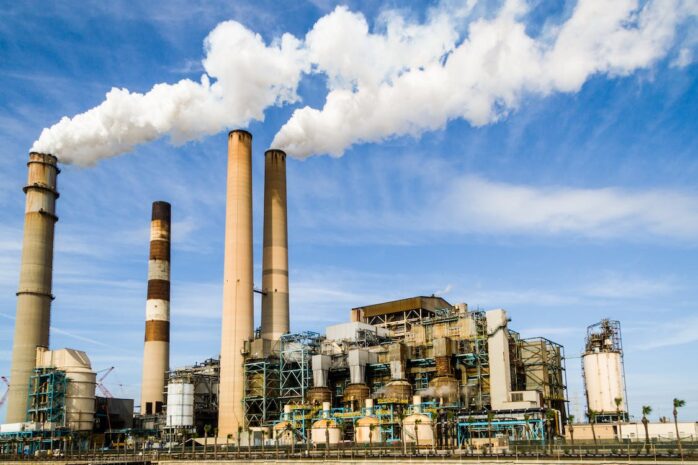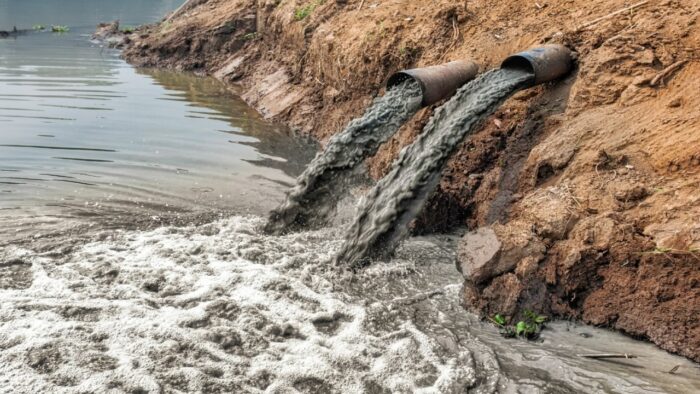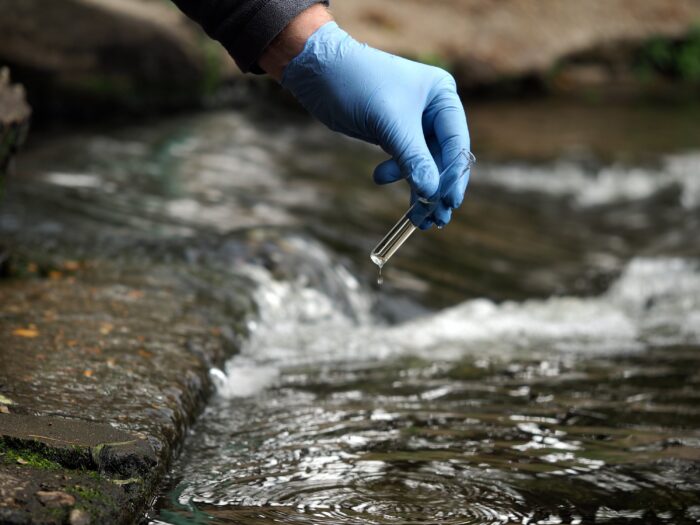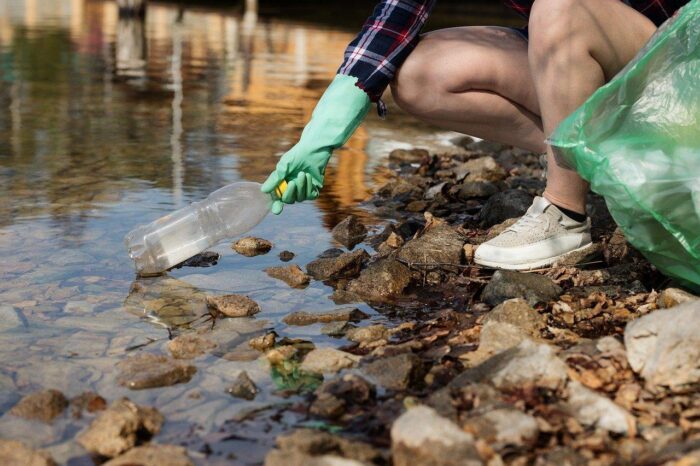
Water is one of the most essential resources on the planet, and it plays a vital role in our daily lives. However, despite its obvious importance, the quality of our water supply is often taken for granted. Water contamination is a growing concern that poses a significant threat to both human health and the environment.
Contaminants in water can cause a range of adverse effects, from minor illnesses to serious diseases.
Water contamination also has the potential to harm aquatic life, disrupt ecosystems, and damage natural resources, which are terrible consequences to face. In this article, we will discuss the dangers of water contamination, its implications on our health and environment, and ways to prevent it.
What Is Water Contamination, and Why Does It Occur?

Water contamination is the presence of harmful substances or pollutants in the water supply. These substances can include chemicals, microbes, heavy metals, and other harmful contaminants.
There are many different sources of water contamination, including natural sources and human activities, particularly through industries.
While industries in the West are known to be dangerous sources of pollutants, they are nowhere as dangerous as the sort of pollution that comes with unplanned industrial growth in developing countries.
When industries expand without proper planning and management, they often discharge their wastewater directly into nearby water bodies like rivers, lakes, and oceans without any treatment.
This wastewater contains tons of harmful pollutants, including heavy metals, chemicals, and organic compounds, which contaminate the water and harm aquatic life.
Some industries also use large amounts of water for their operations, and if they are not properly regulated, they withdraw more water than is sustainable from local water sources and disrupt the local ecosystem. This can lead to reduced water levels, which in turn affects the quality of the remaining water by increasing its concentration of pollutants.
Industrial activities can also lead to soil erosion and sedimentation in nearby water bodies, which can lead to the accumulation of pollutants in the sediment and contribute to water contamination.
However, does this mean that developed countries are free from the risks of water contamination? Not quite. While the rules and regulations may be stricter, there are many instances where contamination occurred in the past when environmental wellness wasn’t as high a priority as it is today.
A famous incident involving water contamination occurred on a U.S. marine base by the name of Camp Lejeune. The period of contamination went on for a considerable amount of time (1953 to 1987), and the consequences are still felt to this day.
The cause for the contamination was said to be leakage from underground fuel tanks, chemicals that were used to clean equipment as well as a dry cleaning service that operated close to the base.
Due to the contamination in the water used for bathing and consumption, several marines, their families, and other residents ended up consuming toxins that were thousands of times higher than the safe limit. Many of them ended up developing cancers, and Camp Lejeune water contamination settlement amounts are finally being provided to victims.
TorHoerman Law, LLC is one of the firms that has been pushing for quick compensation for the victims, and it looks like their efforts (among those of others) are finally paying off. They are a law firm based out of Edwardsville, IL, but have a presence in Chicago and St. Louis and have also helped clients from all across America.
The Camp Lejeune crisis is but one example that shows us how important constant vigilance is when it comes to taking care of the environment and preventing toxic contamination.
What Are the Implications of Water Contamination, and What Can Be Done?

Exposure to contaminated water can cause a range of health problems, including gastrointestinal illnesses, skin infections, and respiratory diseases. In severe cases, exposure to contaminated water can even lead to death.
Water contamination also has a significant impact on the environment. Contaminated water harms aquatic life, disrupts ecosystems, and damages natural resources.
For example, heavy metals and other toxic substances can accumulate in fish and other aquatic organisms, and this often leads to health problems for both wildlife and humans.
Preventing water contamination is crucial to protect human health and the environment. There are several steps that individuals, communities, and governments can take to prevent water contamination.
1. Proper Disposal of Hazardous Waste
Chemicals, batteries, and electronics should be disposed of properly to prevent them from contaminating water sources. This involves taking them to designated hazardous waste collection centers instead of throwing them in the trash or down the drain.
Proper disposal is crucial as it prevents harmful substances from entering the environment. Unfortunately, without constant supervision, there is no real way of enforcing this practice in offending industries.
2. Reducing Pesticide and Fertilizer Use
Agricultural runoff is a significant source of water contamination. Farmers use pesticides and fertilizers to protect their crops, but when these chemicals are washed into rivers and other water sources, they can cause a lot of harm.
To reduce this, farmers should be encouraged to use organic and natural methods of pest and weed control. This will not only reduce the number of harmful chemicals in the water but will also promote sustainable farming practices.
3. Regular Water Testing
Regular water testing is crucial for identifying contamination early and taking prompt action to protect human health and the environment.
Water testing should be done at the source and at various points along the distribution system to ensure that the water remains safe to drink. It is particularly important to test for bacteria and other harmful pathogens that can cause waterborne illnesses.
Regular water testing will ensure that incidents like the Camp Lejeune situation never happen again.
Conclusion

Unplanned industrial growth leads to water contamination, which in turn, has severe consequences for both human health and the environment.
The release of untreated wastewater, the overuse of water resources, the accumulation of pollutants in sediment, and the improper management of hazardous waste all lead to water contamination.
The side effects of all of this are felt severely by the environment, which affects human health in severe ways, such as cancers and respiratory and reproductive problems. It is thus essential to prioritize sustainable and responsible industry practices that minimize the impact on the environment and protect human health.
Taking proactive measures is all that it takes to ensure that our water sources remain safe for generations to come.











